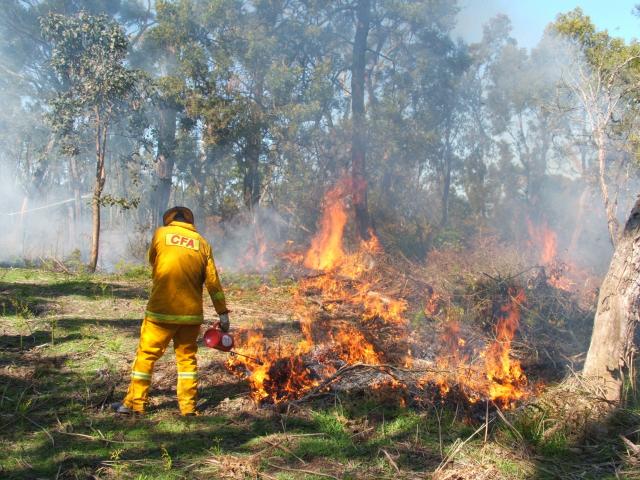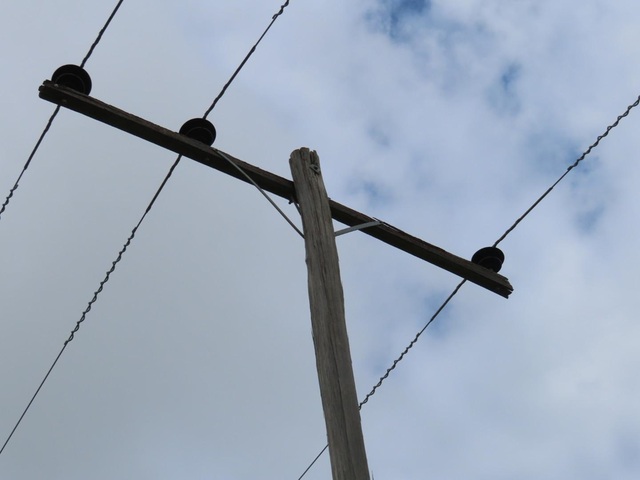Williamstown residents may launch a Supreme Court action after the state’s planning tribunal last week approved a 128-dwelling, 10-storey tower for the former Port Phillip Woollen Mill site.
The Victorian Civil and Administrative Tribunal approved stage two of the development at the Point Gellibrand end of Nelson Place, also allowing the demolition of the 1887 Nugget Factory and development of 41 three-storey townhouses.
Mobil, which opposed the development because of its proximity to its Point Gellibrand tank farm, said it was reviewing the decision.
BAE Systems also opposed the development, which will overlook its 24-hour naval shipyard.
VCAT ruled demolition of the Nugget Factory should be allowed because “there is simply not enough … to demonstrate its former use as a steam laundry or shoe polish manufacturer”.
While the tank farm is classed a major hazard facility, VCAT stated that only the townhouses were inside its safety buffer zone and that they would house a “relatively low number of people in this area and, as such, this residential use is acceptable”. It found “the nearby state significant industries, BAE shipyard and Mobil, will not be compromised”.
Save Williamstown spokesman Godfrey Moase said the community had been shafted, but the fight wasn’t over.
“It wasn’t just the community’s voice that was sidelined with the decision,” he said.
“WorkSafe and Mobil’s advice and suggestions were ignored. Our current ‘asks’ … are for a Victoria-wide moratorium on construction near major hazard facilities and for Hobsons Bay council to call a public meeting about the decision in preparation for the launching of a Supreme Court appeal of the decision.”
The council said it was reviewing the decision.
Ashley Williams, managing director for the applicant, Evolve Development, said the decision confirmed the development met all planning requirements.
“This process of approval by VCAT serves as a notice to the Hobsons Bay council that they need to start processing permit applications in accordance with the applicable controls, rather than as a reaction to vocal objector groups,” he said.







